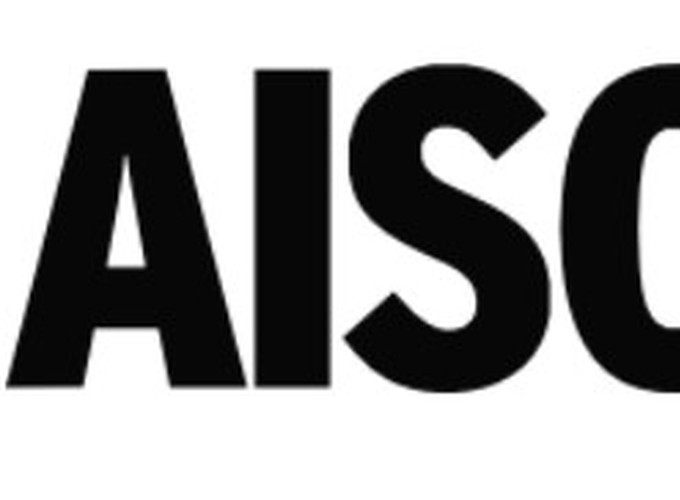Keynote address, 17th Annual Conference of the Italian Association of Cognitive Science

Keynote address, 17th Annual Conference of the Italian Association of Cognitive Science
Abstract
Using visual perception as a case study, I will propose that questions in cognitive science are not passed from one discipline to the next, but are conversations among increasingly many disciplines. The question of ‘how vision works’ has spread from the domain of philosophy, into that of psychology, then neuroscience, then computer science, without losing any of its previous footholds. In each generation, researchers are often drawn to harvest the low-hanging fruits newly revealed by some technological advance. When the methods of experimental psychology were formalised in the 1850s, it became natural and exciting to ask how visual perception relates to physical properties of visual stimuli. Likewise, recent successes at optimising computers to recognise objects in images make it natural and exciting to ask how computations in these artificial visual systems relate to those in brains. Old methods and concepts remain vital though, and ideas from psychology—visual attention, working memory, curriculum learning—feed back into the design of computer vision systems. My talk will celebrate the cycles of mutual inspiration over the past 80 years between efforts to model human vision, and efforts to engineer machines that see.